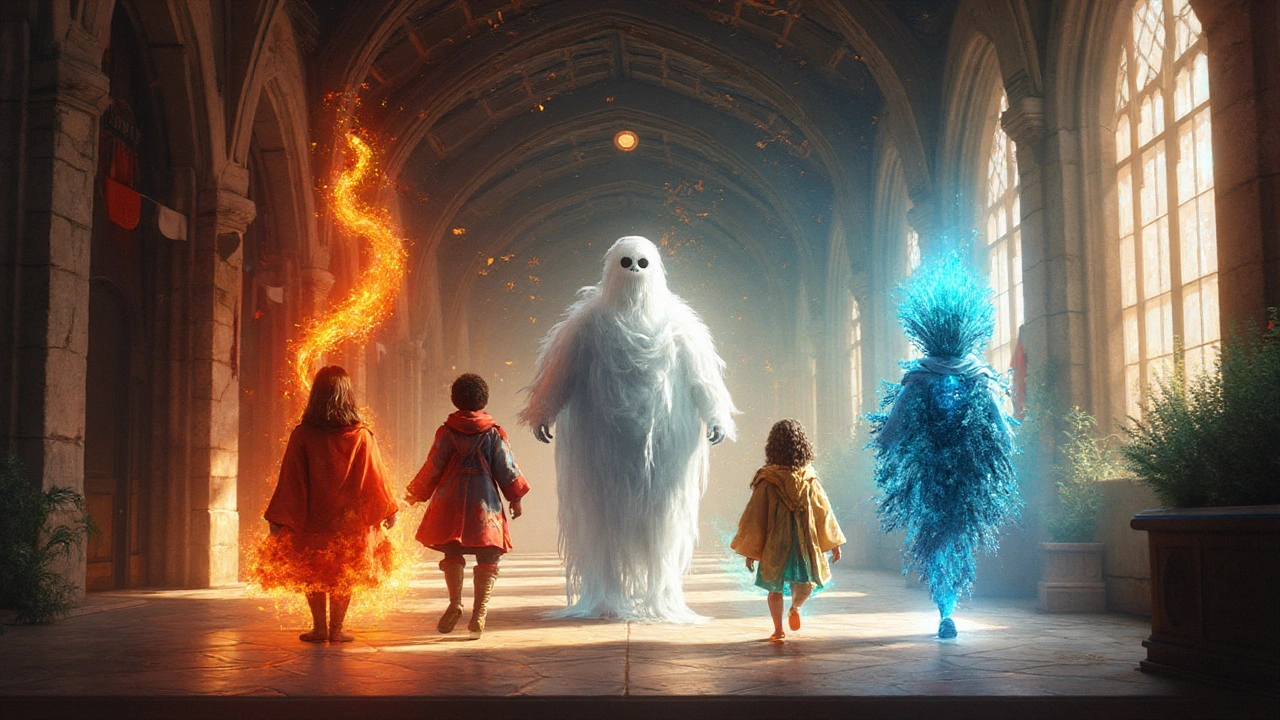Ravenwick School – Real Magic Schools Explained
If you’ve ever wondered whether a place like Ravenwick School exists beyond the pages of a novel, you’re not alone. Many people think magic education is purely fictional, but there are real‑world classes and workshops that teach sleight of hand, mentalism, and even the history of illusion. In this guide we’ll break down what a genuine magic school looks like, what you can expect to learn, and how to decide if it’s right for you.
What Makes a Magic School Real?
A real magic school isn’t a castle filled with secret chambers. It’s usually a community college style setup, a private studio, or an online platform where experienced magicians share their craft. Courses focus on practical skills: card handling, coin work, stage presence, and the psychology behind misdirection. You’ll also find theory classes that explore the history of magic and how modern tech changes performances.
Typical Courses and Skill Levels
Most schools start with a beginner track – think of it as a "magic 101" where you learn basic tricks that impress friends at a party. From there you can move to intermediate modules that introduce more complex routines, like silent card controls or basic mentalism. Advanced classes dive into large‑scale stage illusion, choreography, and custom prop building. Many programs also offer one‑on‑one coaching, so you get feedback that’s specific to your style.
What’s cool is that you don’t have to commit to a full degree. Many institutions run short workshops lasting a weekend or a week, perfect if you want a taste before signing up for a longer curriculum. Some even let you audit a class online for free, so you can see the teaching style and decide if it clicks.
When choosing a program, look for instructors with a proven performance record, not just a YouTube channel. Check student reviews, ask for sample lesson videos, and see if the school offers a clear progression path. A good school will also teach you how to market yourself – building a social media presence, creating a demo reel, and finding gigs at parties or local venues.
Beyond tricks, real magic schools teach you the mindset of a performer. That means learning how to read an audience, manage stage anxiety, and recover when something goes wrong. Those soft skills are often the difference between a decent trick and a show‑stopping illusion.
If you’re near a major city, you’ll likely find a brick‑and‑mortar magic school or a magic club that hosts regular classes. In smaller towns, online courses from reputable organizations can deliver the same content via live video. Either way, the key is practice – the school gives you the tools, but you have to put in the hours.
To sum up, Ravenwick School represents the real side of magic education: structured lessons, experienced teachers, and a clear path from beginner to professional. Whether you want to dazzle friends, start a side hustle, or aim for the big stage, a magic school can give you the foundation you need. Ready to start? Search for local workshops, check out online magic academies, and pick the first class that feels exciting. The world of illusion is waiting, and the first step is as simple as signing up.

The 5 Types of Magic in Upside Down Magic Explained
- by Zephyr Blackwood
- on 14 Sep 2025
Discover the five distinct magic types in the Upside Down Magic series, their unique traits, key characters, and how they shape the world of Ravenwick School.
